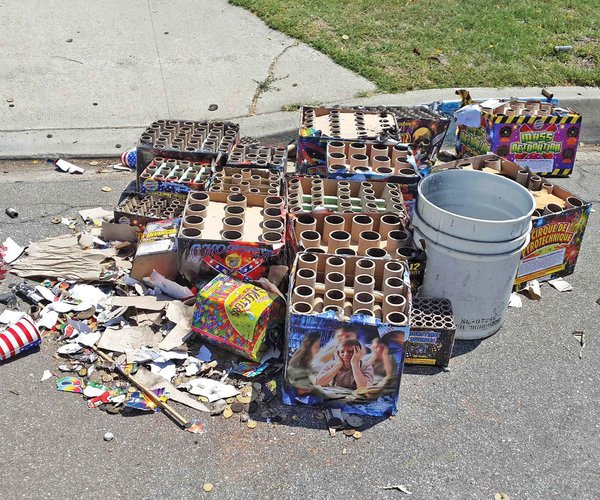The city announced a RAD Card program designed to give consumers more purchasing power in downtown Ceres while helping merchants there.
“I think it’s something very beneficial to our downtown merchants,” said Steve Hallam, the city’s Economic Development manager.
The RAD (Relief Across Downtown) Card program is basically a gift card to offer small business relief to downtown merchants. The process involves the use of a mobile phone app whereby a customer can use at multiple qualifying businesses through Stanislaus County. Anyone may buy a card in denominations of $25, $50, $75 or $100 through the RAD app, which is then doubled in amount. The most one person can spend is $200. The added value comes from federal CARE Act funds that were allocated to Stanislaus County.
Ceres has been allocated $100,000 for the RAD program through CARES Act funding.
Purchasers will be given a QR code that can be used to buy merchandise or services at participating downtown Ceres businesses. The business scans the code, enters the amount of the purchase and uploads a photo of the receipt. The merchant is dispersed funding within seven days.
Hallam said he encourages all Ceres residents to download the RAD card app on any Apple or Android device; and then register an account and purchase the amounts listed and then enjoy a doubling of those funds dollar for dollar.
Consumers should ask downtown merchants if they participate in the program, and if not, encourage them to do so.
“We have 37 downtown businesses that we’ve been in contact with encouraging them to sign up for the program and we continue to add qualifying downtown merchants on a daily basis,” said Hallam. “So it’s a great program for our city, a lot of funds to help the downtown businesses.”
Hallam said the city began looking at ways to help downtown businesses after the economy came to a grinding halt in light of COVID-19 restrictions.
“They’ve been really hurt by the COVID restrictions,” said Hallam.





